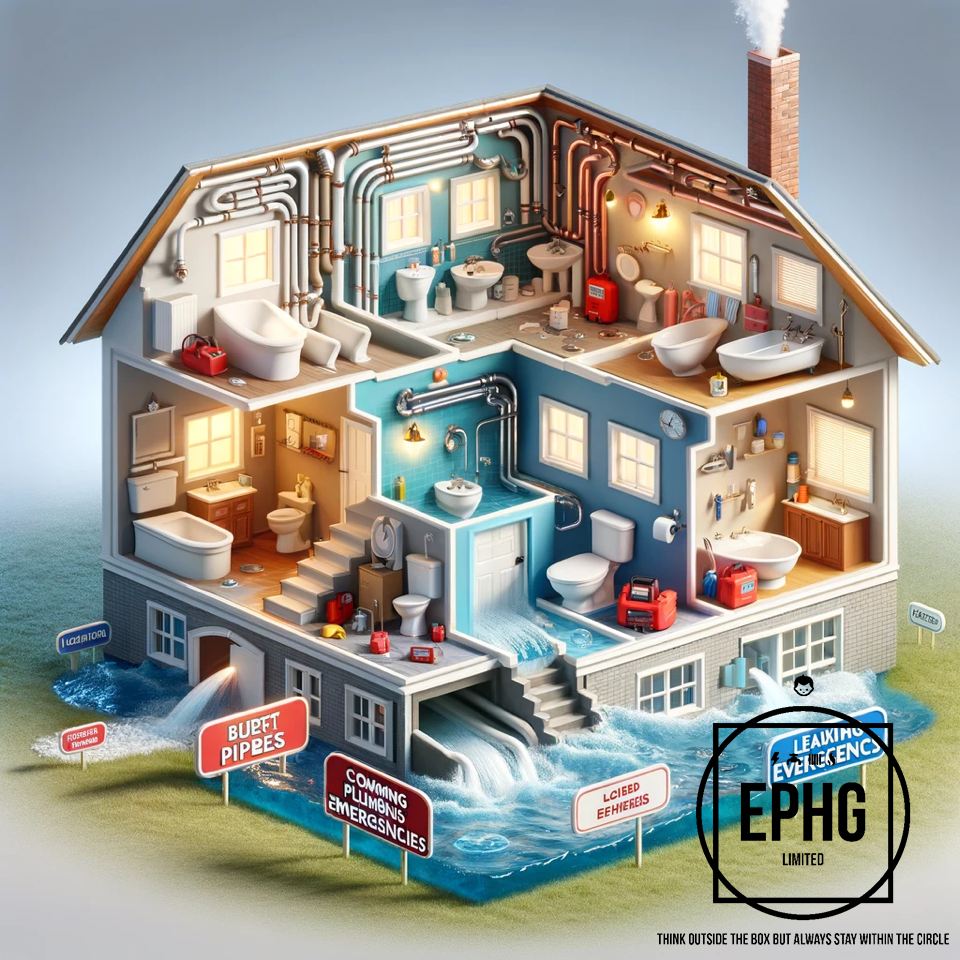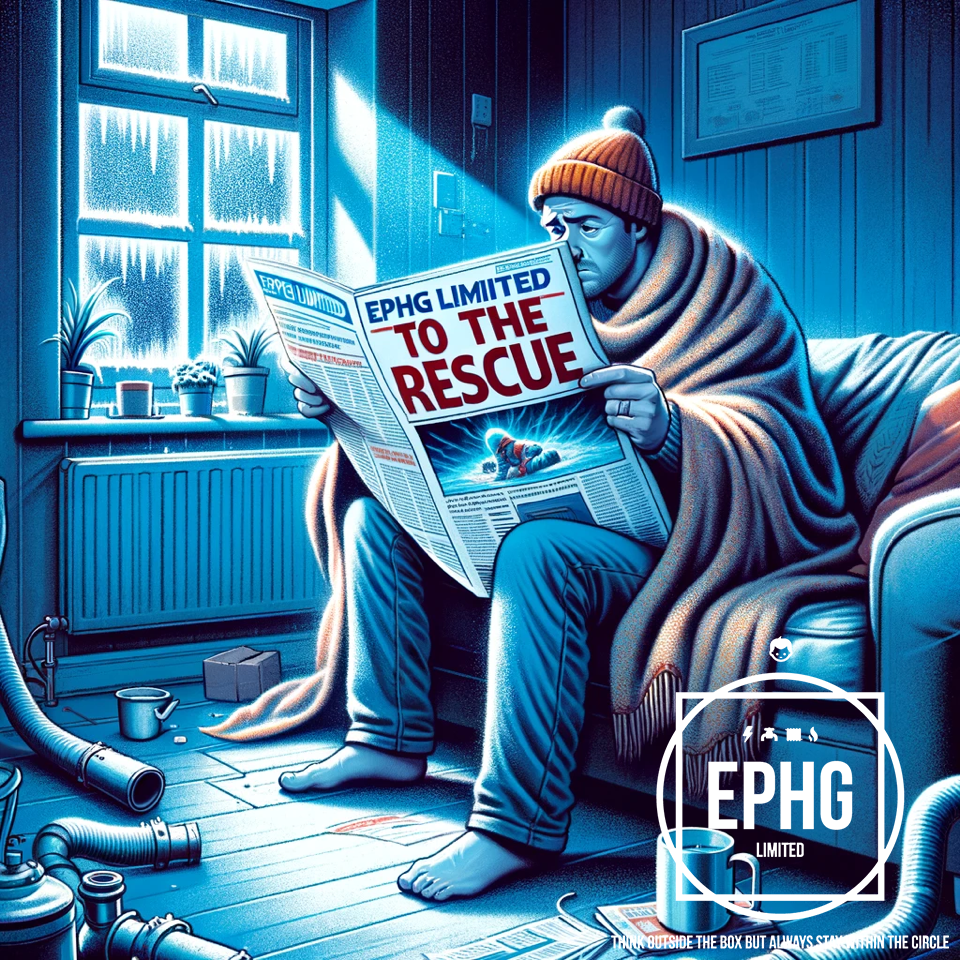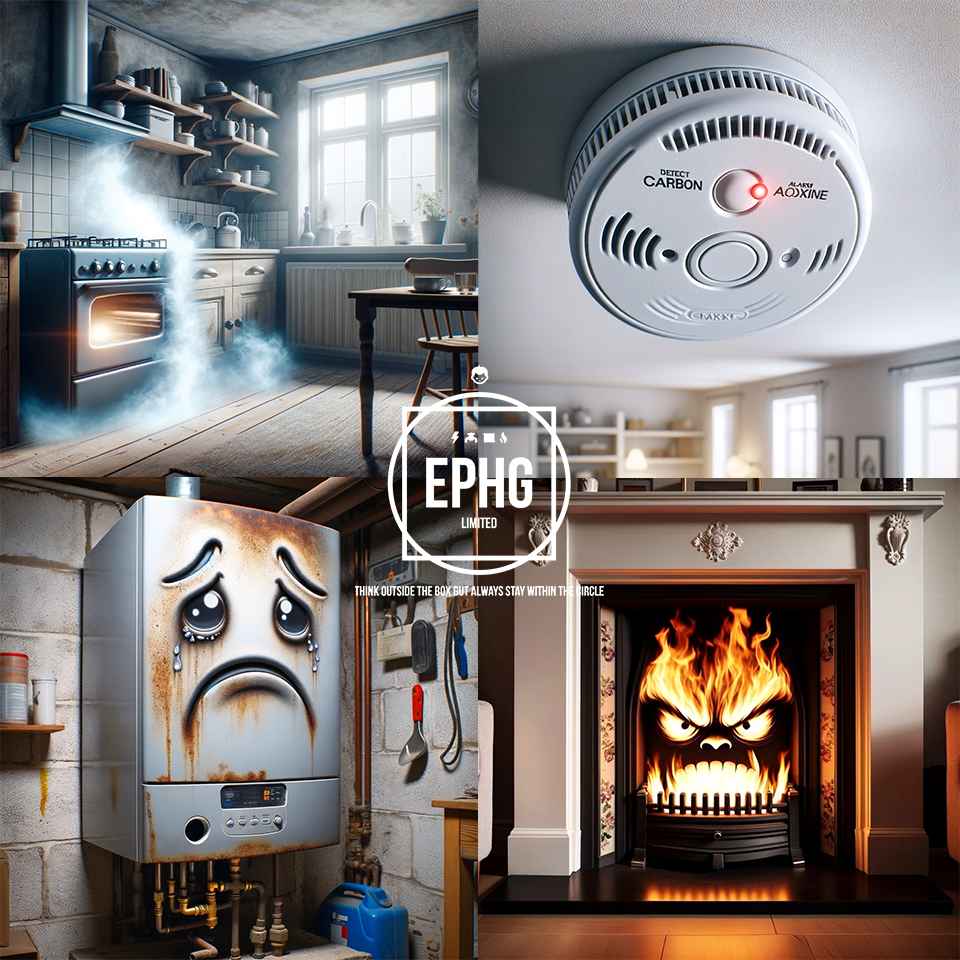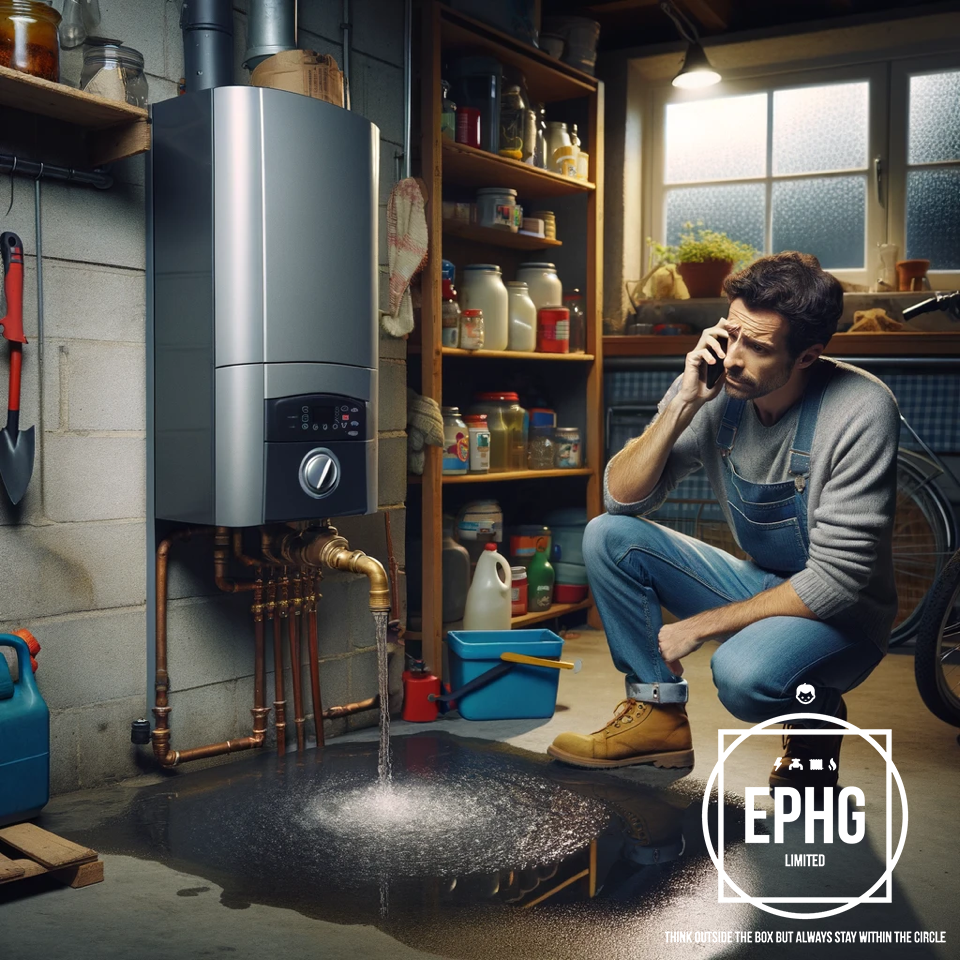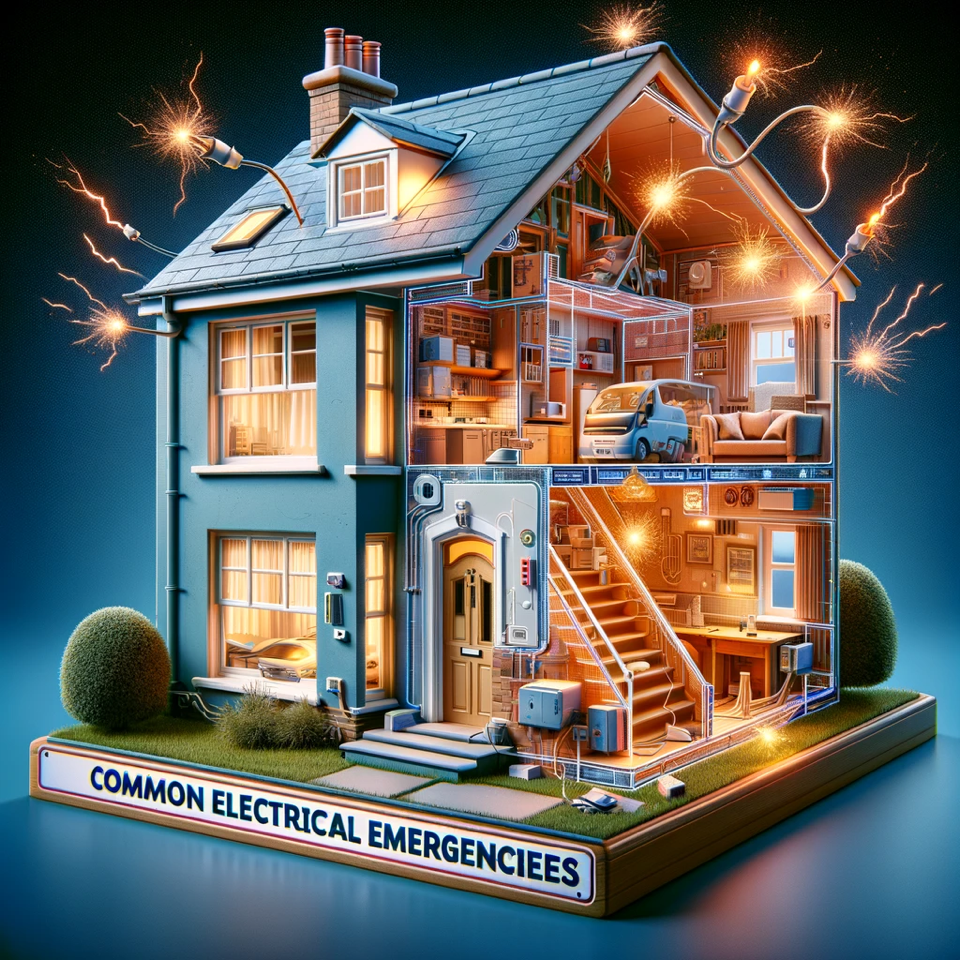
Comprehensive guide to common electrical emergencies in the UK
Introduction
Electrical emergencies can pose serious risks to safety and property. It is important for homeowners and residents in the UK to recognize common electrical emergencies and know how to respond safely and effectively before calling an emergency electrician.
- Power Outages
- Severe weather
- Overloaded power grid
- Faulty wiring or equipment in your home
- Check if the power cut is localized to your property or affects the neighborhood.
- If it's just your home, check your consumer unit (fuse box) for tripped switches or blown fuses.
- Report widespread outages to your electricity distributor.
- Electrical Fires
- Faulty appliances
- Overloaded sockets
- Worn or outdated wiring
- Never use water on an electrical fire.
- Disconnect power, if safe to do so.
- Use a CO2 fire extinguisher if the fire is small.
- Evacuate immediately and call the fire brigade if the fire is uncontrollable.
- Exposed Wires
- Accidental damage
- Poor insulation
- Wear and tear
- Do not touch exposed wires.
- Turn off the power at the consumer unit.
- Call an emergency electrician to repair the damage.
- Electric Shock
- Contact with exposed wires
- Faulty appliances
- Water ingress on electrical equipment
- Do not touch the person if they are still in contact with the electrical source.
- Shut off the power source.
- Call emergency services immediately.
- Perform CPR if trained and necessary.
- Flickering or Dimming Lights
- Loose wiring connections
- Faulty fixtures
- Voltage fluctuations
- Check if the issue is with a single appliance or lamp.
- If the issue is widespread, it could indicate a more serious problem with your home’s electrical system.
- Consult with a qualified electrician.
- Sparks from Outlets or Switches
- Short circuiting
- Loose connections
- Faulty equipment
- Avoid using the affected outlet or switch.
- Unplug any appliances connected to it.
- Call a professional electrician to investigate and repair.
- Overheating Appliances or Outlets
- Overloaded circuits
- Faulty appliances
- nadequate wiring
- Unplug the appliance immediately.
- Do not use the outlet until it has been checked by an electrician.
- If the outlet is hot, turn off the power at the consumer unit and call for assistance.
- Circuit Breaker Tripping Frequently
- Overloaded circuits
- Faulty appliances on a circuit
- Damaged wiring
- Unplug and refrain from using appliances that cause the trip.
- Reset the breaker once. If it trips again, do not reset.
- onsult an electrician to diagnose and fix the underlying issue.
Causes:
Response:
Causes:
Response:
Causes:
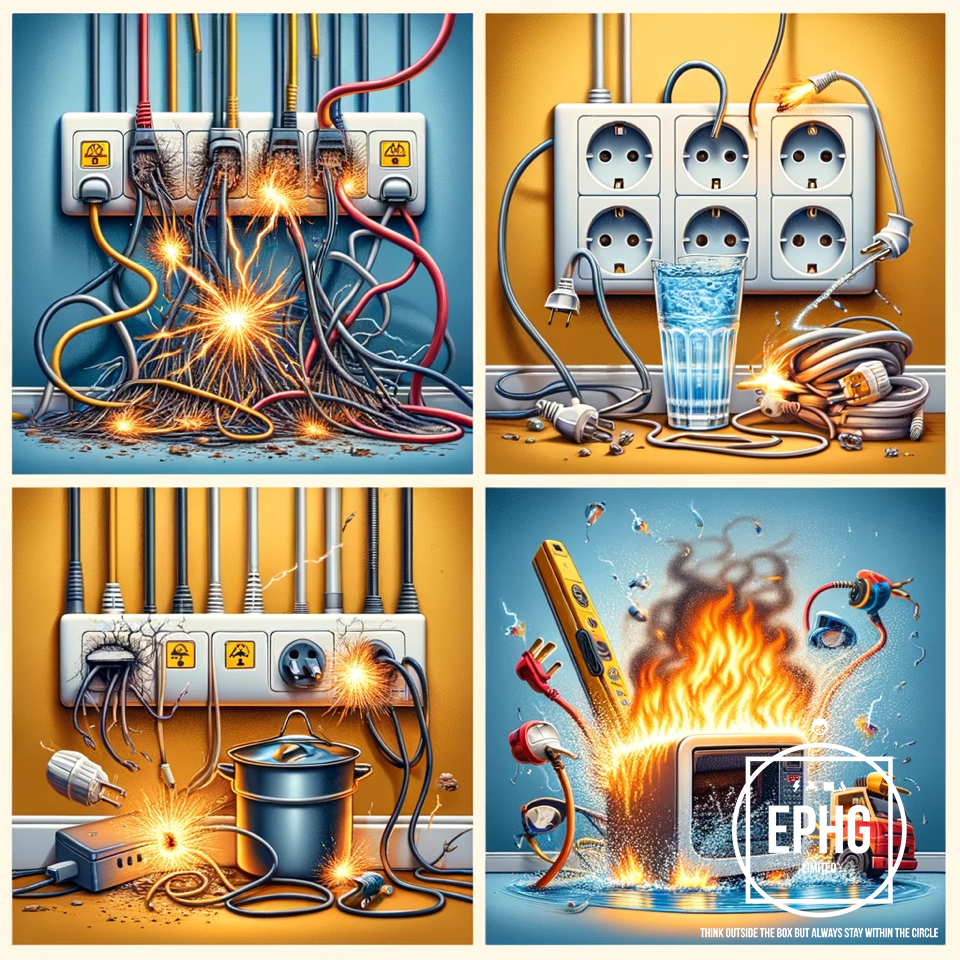
Response:
Causes:
Response:
Causes:
Response:
Causes:
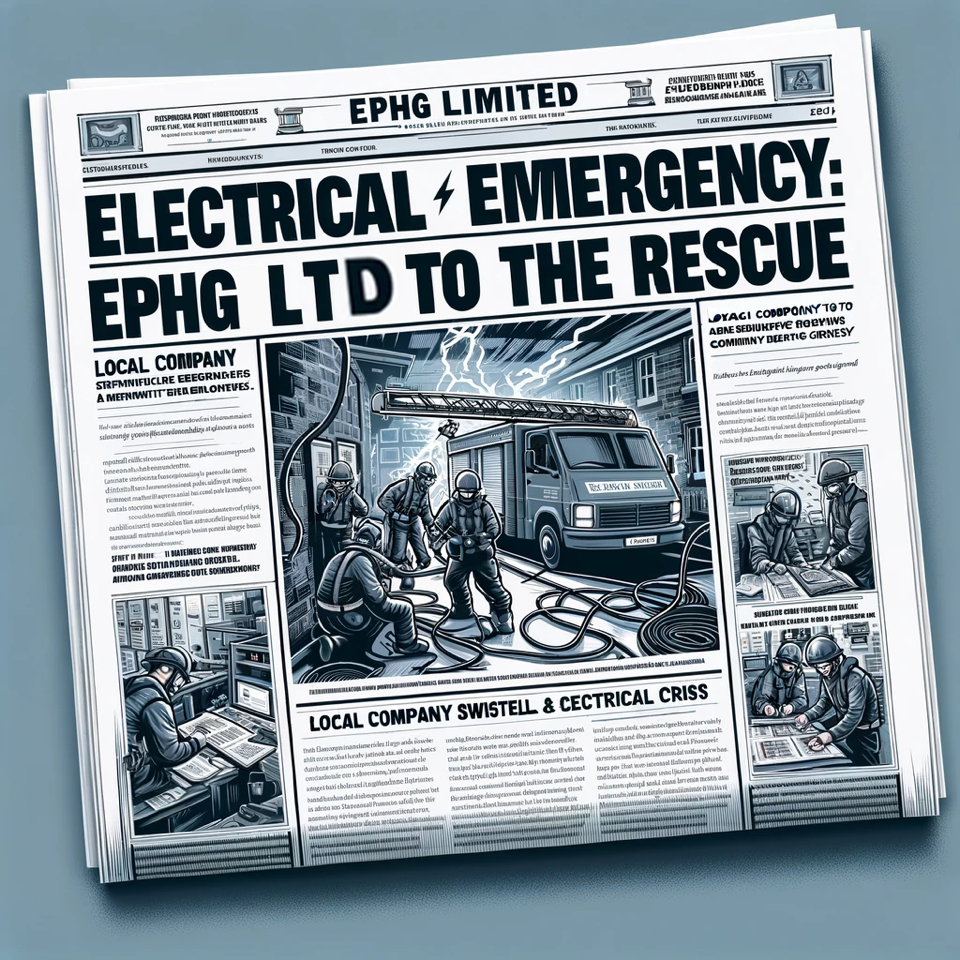
Response:
Causes:
Response:
Causes:
Response:
Conclusion
Prevention is key to avoiding electrical emergencies. Regular inspections and maintenance by a certified electrician can help identify potential issues before they become dangerous. Always prioritize safety over convenience and do not attempt to repair electrical problems unless you are qualified to do so. In the event of any electrical emergency, your first step should always be to disconnect power if it’s safe and then seek professional help.
Emergency Contacts
- Fire Brigade: 999 or 112
- Electricity Distributor: Contact numbers can be found on your electricity bill or online.
- Emergency Electrician: Look for local services that offer 24-hour support.
Remember, electrical emergencies can escalate quickly, so it's important to act promptly and safely.
